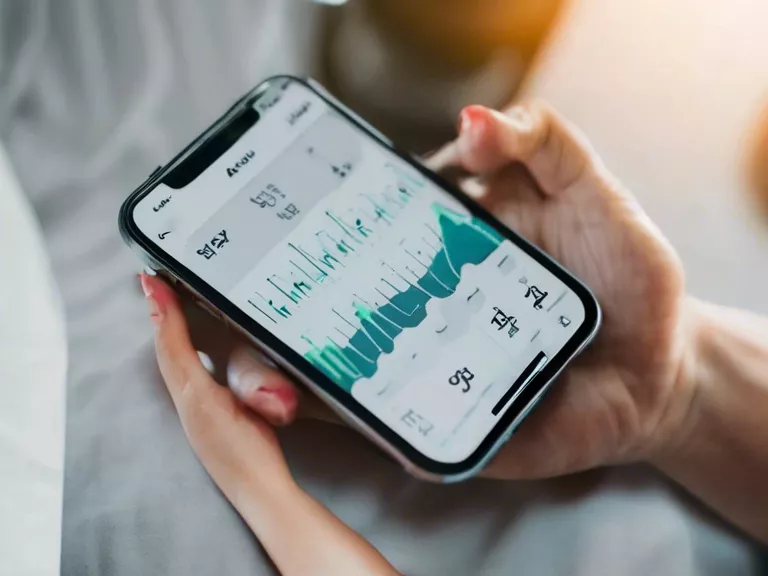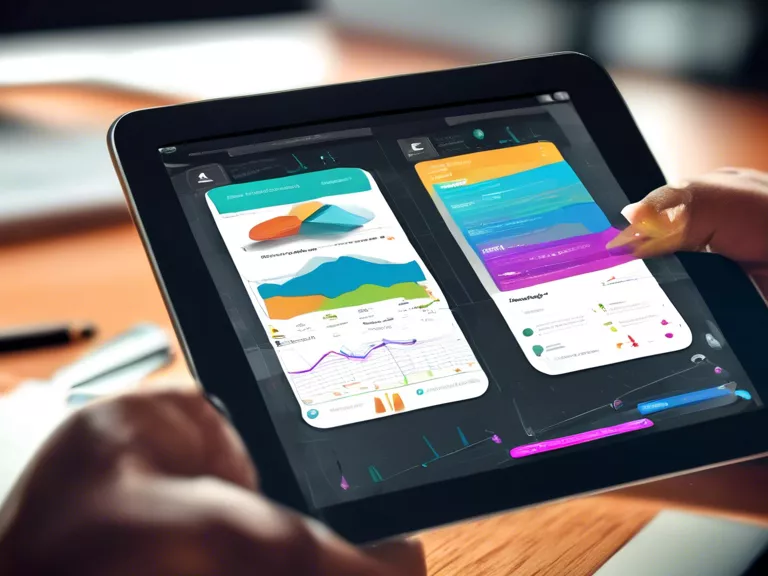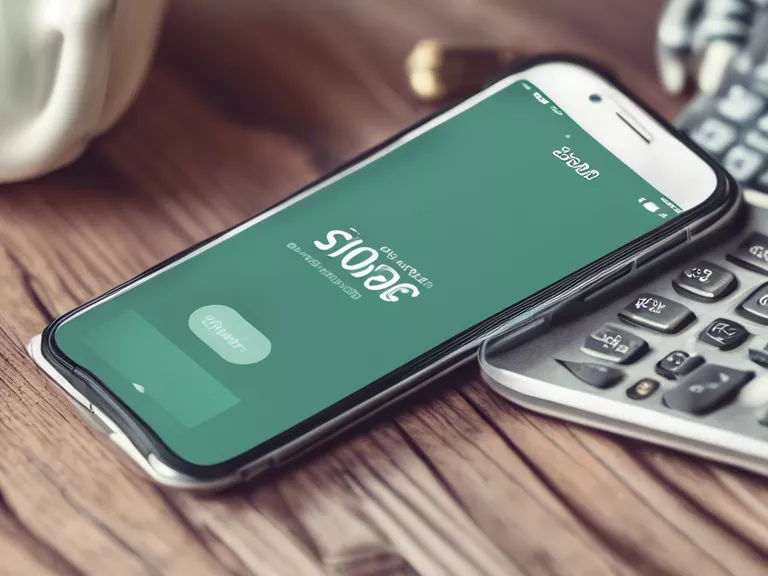
Health tracking apps can be powerful tools to monitor your vital signs and wellness. From tracking your heart rate to monitoring your sleep patterns, these apps can provide valuable insights into your overall health. In this article, we will explore some tips on how to effectively use health tracking apps to stay on top of your health and well-being.
One of the most popular features of health tracking apps is the ability to monitor your vital signs, such as your heart rate, blood pressure, and oxygen saturation levels. By using sensors built into your smartphone or wearable device, these apps can provide real-time data on your health metrics. This data can help you keep track of any changes in your health over time and provide valuable information to share with your healthcare provider.
In addition to monitoring your vital signs, health tracking apps can also help you track your exercise, nutrition, and sleep patterns. By inputting your daily activities and meals into the app, you can get a better understanding of how your lifestyle choices are affecting your health. Many apps also offer personalized recommendations based on this data, helping you make healthier choices and achieve your wellness goals.
To make the most of your health tracking app, it's important to regularly input your data and review the insights provided by the app. Set aside time each day to input your meals, exercise, and other activities, and take note of any patterns or trends that emerge. This data can help you make informed decisions about your health and take proactive steps to improve your well-being.
Overall, health tracking apps can be valuable tools for monitoring your vital signs and wellness. By using these apps effectively and consistently, you can gain valuable insights into your health and make positive changes to improve your overall well-being.



